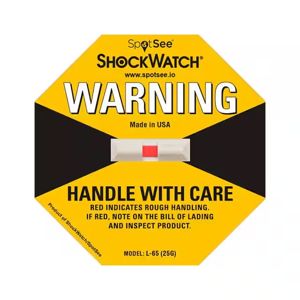
Shock Sensors
Shock Sensors Precision Detection for Impact and Vibration Monitoring
Definition & Scope
Shock Sensors are specialized transducers within the Sensors & Transducers category designed to detect sudden acceleration, vibration, or mechanical impact. These devices convert kinetic energy into measurable electrical signals, enabling real-time monitoring in applications where abrupt force changes are critical from industrial machinery to aerospace systems.
Product Types & Applications
1. Piezoelectric Shock Sensors: Ideal for high-frequency impact detection, commonly used in automotive crash testing and structural health monitoring.
2. MEMS-Based Sensors: Compact, low-power solutions for consumer electronics (e.g., smartphone fall detection) and IoT devices.
3. Peak Acceleration Sensors: Calibrated for extreme environments (e.g., military or aerospace) to measure G-force thresholds.
4. Programmable Threshold Sensors: Allow customizable sensitivity for industrial automation and predictive maintenance systems.
Purchasing Considerations
- Environment: For harsh conditions (dust, moisture), prioritize IP-rated or ruggedized models.
- Output Signal: Match the sensor s output (analog, digital, or PWM) to your data acquisition system.
- Sensitivity Range: Select a sensor with a measurable range (e.g., 50G to 500G) aligned with your application s force expectations.
- Certifications: Opt for ISO/TS 16949 (automotive) or MIL-STD-810 (defense) compliant units if industry compliance is required.
Shock Sensors mitigate risks by transforming physical impacts into actionable data ensuring safety, durability, and operational efficiency. Evaluate technical specs against your use case to optimize performance and ROI.

